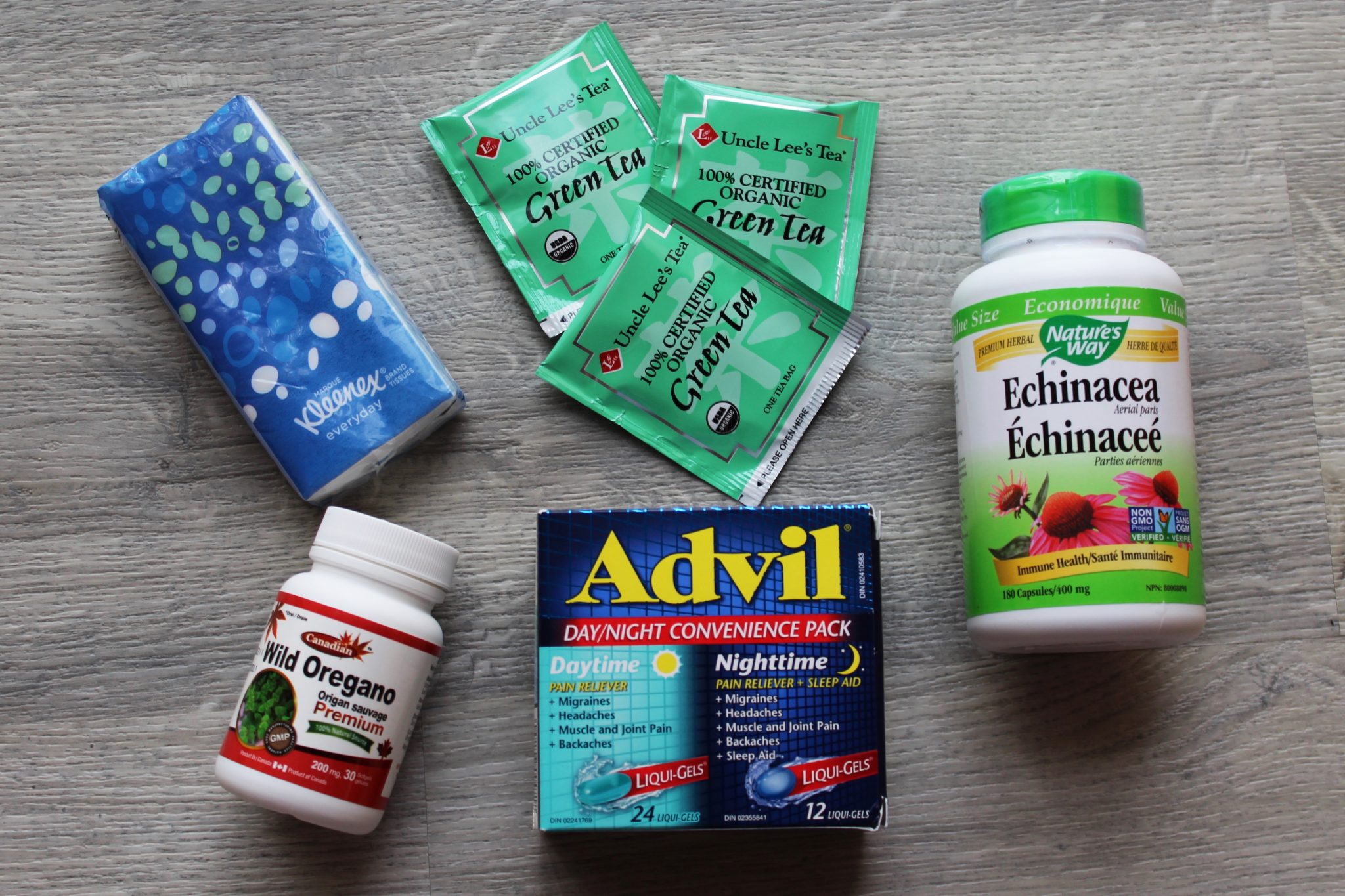Cold and Flu season hits Waterloo Region once again


Cold and flu season is upon us once again. With it comes the annual period where offices are filled with the sounds of sneezing and coughing, hospitals are packed with patients — and people, especially university students, underestimate the dangers associated with influenza.
On Tuesday, Nov. 13, Laurier hosted a public talk that focused on the flu, how to avoid it and how to look after yourself if you do get sick.
The talk featured experts on the subject including Vivienne Vance, a nutrition expert and associate professor in Laurier’s Health Sciences program, Breanne Cuddington, a Laurier Health Sciences instructor, Stephanie DeWitte-Orr, an immunology expert and Laurier associate professor of Health Sciences and Biology and Kristy Wright, a registered nurse and manager of infectious disease control with the Region of Waterloo Public Health.
Educating the public — especially the younger demographic of university and high school-aged people — is essential in working towards preventing the spread of influenza.
The talk began with Vivienne Vance, who highlighted the importance of proper nutrition and physical activity in order to adequately support our immune systems.
Washing your hands, as well as not touching your face, are two key ways to protect yourself even further if you already follow a balanced diet and have a regular exercise routine covered.
If you do get the flu despite your best efforts, the main thing you can do for yourself is rest, in order to allow your body to recover.
There are over the counter medications that are designed to help manage symptoms like a sore throat, but beyond that, eat foods that you can tolerate and stay at home while you get better.
A major takeaway from the lecture was preaching the simple practice of not being an inconsiderate asshole.
If you’re sick, don’t go to work or class just to spread your germs around to other people. Influenza can travel up to two meters and live on surfaces for as long as 72 hours, so you may not think anyone can catch it from you if you’re being “careful,” but that’s likely not the case.
Young adults seem to be the latest group of flu vaccine naysayers and skeptics, standing by the idea that they never get sick and don’t need one anyway or they just don’t have enough time to set aside to get one.
People like myself, who are immunocompromised, are at a higher risk of getting the flu from those who choose not to get the vaccine. It’s simple: more people who get vaccinated will result in fewer people getting sick, so fewer viruses will be spread, resulting in “herd immunity.”
As Stephanie DeWitte-Orr stated several times, “the flu is a bugger.”
And that’s putting it lightly. Thousands of people die in Canada each year from the flu and university students, in particular, are considered a high-risk population.
We’re surrounded by hundreds of other students every day in lectures, on campus, in the dining hall, at the library. We’re in close proximity to countless people and their germs and the ease through which we can pass on viruses is something we almost never think about.
This is where the flu vaccine comes in. It uses an inactivated flu virus — it’s dead, it doesn’t make you sick and the chances of any complications occurring from it are very rare — which triggers the response of memory cells which should kick in if the actual virus is contracted and the immune system recognizes it.
There are multiple places to get vaccinated this flu season: from the Health and Wellness Centre and local pharmacies to your family doctor’s office.
Even though we’ve hit the period where we’re all constantly stressed and busy with work, exams and endless to-do lists, it’s always important to look after ourselves in the process.
Simple things that have been nattered at you your whole life like eating right, washing your hands and getting enough sleep, can be what keeps you from ending up in the hospital.
But if you do get sick, do everyone a favour and stay home.


